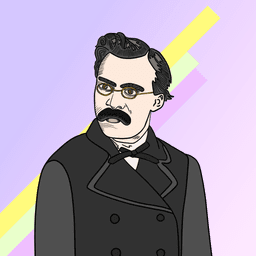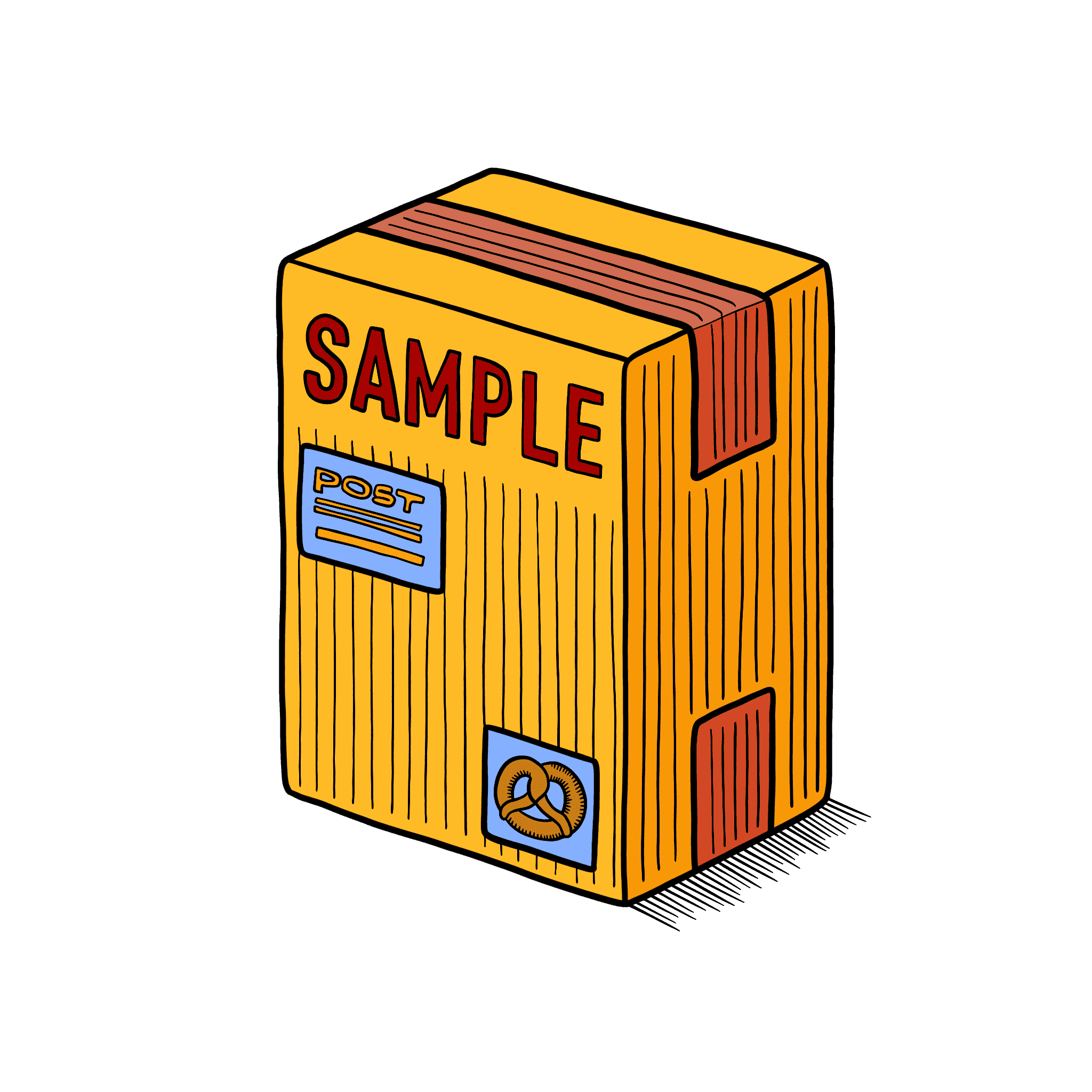German Auxiliary Verbs
Learn how to use the German auxiliary verbs 'sein', 'haben', and 'werden' to form compound tenses, the passive voice, and modal constructions. It's all pretty easy.
Auxiliary verbs (Hilfsverben) are used in German to form compound tenses, passive voice, and modal constructions. There are three primary auxiliary verbs:
Each of these verbs has specific functions in different grammatical contexts.
Conjugation of Auxiliary Verbs
Present Tense (Präsens)
| Person | sein (to be) | haben (to have) | werden (to become) |
|---|---|---|---|
| 1st Singular | ich bin | ich habe | ich werde |
| 2nd Singular | du bist | du hast | du wirst |
| 3rd Singular | er/sie/es ist | er/sie/es hat | er/sie/es wird |
| 1st Plural | wir sind | wir haben | wir werden |
| 2nd Plural | ihr seid | ihr habt | ihr werdet |
| 3rd Plural | sie/Sie sind | sie/Sie haben | sie/Sie werden |
These verbs are irregular and must be memorized.
1. "Sein" as an Auxiliary Verb
Use in the Present Perfect (Perfekt)
The verb sein is used as an auxiliary in the present perfect tense (Perfekt) for verbs that describe movement or state changes.
Example:
- Ich bin nach Hause gegangen. (I went home.)
- Sie ist früh aufgestanden. (She got up early.)
Common verbs that take "sein":
- gehen (to go) → Ich bin gegangen.
- kommen (to come) → Du bist gekommen.
- fahren (to drive) → Er ist gefahren.
- sterben (to die) → Sie ist gestorben.
2. "Haben" as an Auxiliary Verb
Use in the Present Perfect (Perfekt)
The verb haben is used as an auxiliary in the present perfect tense (Perfekt) for most verbs, especially those that take a direct object (transitive verbs).
Example:
- Ich habe ein Buch gelesen. (I read a book.)
- Sie hat das Fenster geöffnet. (She opened the window.)
Common verbs that take "haben":
- lesen (to read) → Ich habe gelesen.
- essen (to eat) → Du hast gegessen.
- sehen (to see) → Er hat gesehen.
- machen (to do) → Wir haben gemacht.
3. "Werden" as an Auxiliary Verb
Use in the Future Tense (Futur I)
The verb werden is used to form the future tense in German.
Structure: werden + infinitive
Example:
- Ich werde morgen arbeiten. (I will work tomorrow.)
- Wir werden dich anrufen. (We will call you.)
Use in the Passive Voice (Passiv)
The verb werden is also used to form the passive voice.
Structure: werden + past participle
Example:
- Das Buch wird gelesen. (The book is being read.)
- Das Auto wird repariert. (The car is being repaired.)
Summary: Functions of Auxiliary Verbs
| Auxiliary Verb | Function | Example |
|---|---|---|
| sein | Perfekt (motion/state change) | Ich bin gefahren. |
| haben | Perfekt (transitive verbs) | Ich habe gelesen. |
| werden | Futur I | Ich werde kommen. |
| werden | Passiv | Das Auto wird repariert. |
Conclusion
Auxiliary verbs are essential in German grammar:
- Sein is used for motion/state change in Perfekt.
- Haben is used for most other verbs in Perfekt.
- Werden is used to form future tense and passive voice.
Understanding these verbs will help you construct complex sentences correctly.



